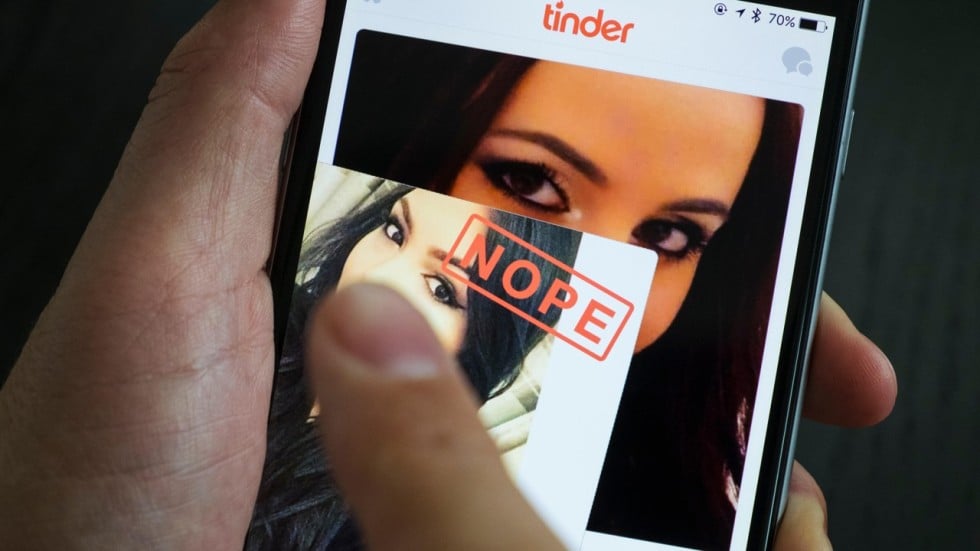You’re thinking it, I'm thinking it, we're all thinking it, and you are not alone. Are our smartphones listening to us to create targeted ads? In today's day and age social media whether you want to believe it or not plays a large role in our everyday lives and is only getting larger in our growing society and it is not going anywhere. In Fact, it is sadly becoming all that we know. So how do we keep our privacy at such a public time in our lives and what is really going on behind closed doors on these social media platforms in which we give away so much valuable information to about ourselves too?
From time to time social media users feel like there is someone is listening in on their conversations to generate these targeted ads especially if they have not even googled the product or texted/messaged someone about it. In the article that I will be discussing today, the writer talks about if and how Instagram is listening in on your conversations to create targeted advertisements. His main aim in this article in my eyes is to show Instagram and Facebook users what is going on behind closed doors and why exactly you are seeing those targeted advertisements while scrolling through your feed. With that being said, he provides us with useful background information on dynamic ads and its definition and also user conversations and how they are being leaked to businesses. He goes on to say how with Instagrams 500 million active monthly users, they are permitting marketers worldwide an exclusive opportunity to reach target audiences. Its users come to the platform to tune into their interests, from fashion and entertainment to health and parenting.
So how do they know? They use something called dynamic ads. So example: you’re scrolling through your favorite clothing site for a new shirt or maybe a new pair of shoes and you click on an item that catches your eye but you cancel out of the browser and think “hmm not right now” and go about your day. A few hours later you're on Instagram and BOOM there it is basically taunting you to buy it. But these ads just don't follow you to Instagram they follow you to your facebook too. This means that as long as you’re logged into Instagram, the items you click on will have a say in the ads that pop up in your feed. And this my friend is what dynamic ads are. There is a lot more to this topic but this is just a peek into what these platforms are doing behind closed doors.



















